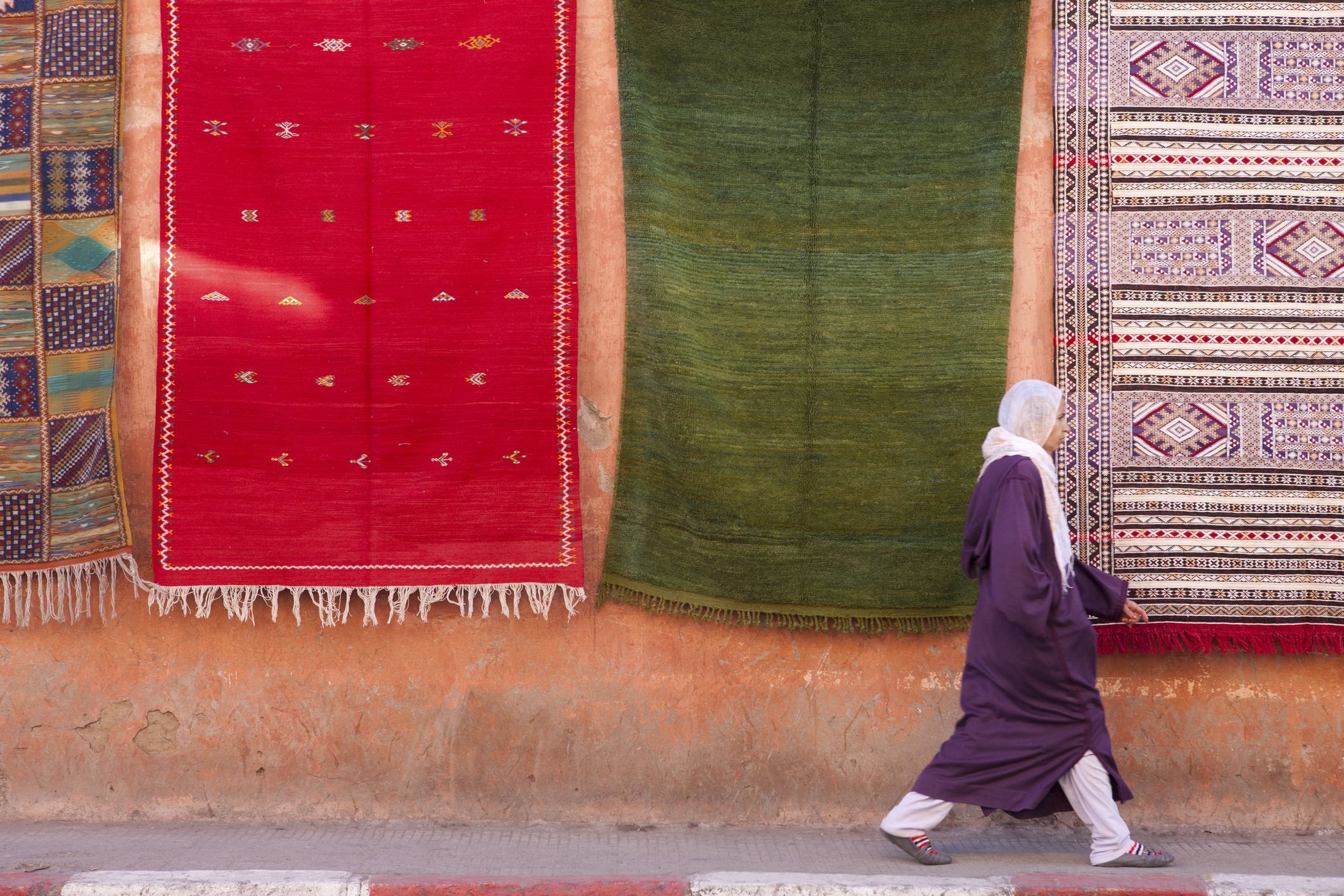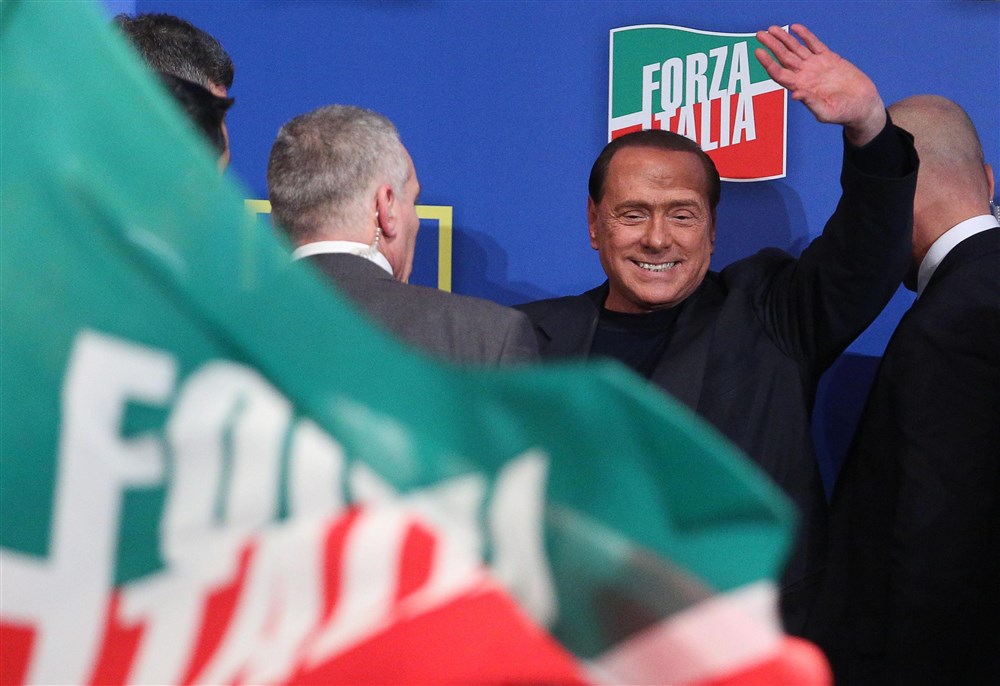France’s riots have sparked debate about the integration of communities from North and Sub-Saharan Africa into French society.
Immigration has evolved and changed over the past century in France: during the 1950s and ’60s, many immigrants to France were Spaniards, Italians and North African Jews. Assimilation took place after the war with state encouragement. Acceptance took place on the basis of these migrant groups adopting French values and the country’s way of life. These waves of immigrants assimilated. Thus European Non-French surnames are now often found in French upper-class society.
Although these different immigrant groups were difficult to fully assimilate in French society, they shared core values. There was a common understanding and sharing of core historical European principles, such as the laws safeguarding freedoms that came from the Enlightenment.
This hasn’t been the case for more recent immigrant groups from North Africa. This is not merely because of a lack of shared values. There is also a deeper historical grievance that can be underappreciated.
These groups often came from former French colonies, where France is resented and demonised.
When I lived in Tunisia, most Tunisians were bi-lingual in Arab and French. But they largely described the French as an exploitative, abusive and racist people. I heard stories that Berbers with lighter eyes were the product of Tunisian women being raped by French men. The school curriculum in North Africa largely describes French colonialism as a brutal and unjust affair.
It is not surprising that when people with such historical grievances go to live in the country that they have been taught as being their oppressor, many won’t have much respect for its authority. It also didn’t help that these groups of immigrants were sent away into suburban housing, also known as cités. This has resulted in them remaining marginalised from wider French society.
While British society prides itself on multiculturalism based on tolerance (which also carries its risks and downsides), French society expects full assimilation into its secular, liberal values. But these immigrant groups were neither given the tools nor the opportunity to assimilate, and they come from a background where French power is treated with derision and hostility. Assimilation verges on the impossible for them. Instead tensions continue to rise.
While the riots have now subsided and Macron has survived yet another crisis, the situation in the cités is a ticking time bomb. Despite his promises of alleviating social tensions and divisions in French society, little has been achieved. The dilemma Macron and France faces is that policies aimed at pushing assimilation are likely to be decried as racist, especially nowadays. But ignoring the tensions will only lead to them stewing even more.
Marion Maréchal, Le Pen’s niece, and the vice-president of Eric Zemmour’s Reconquest party, described the riots as “civil war” and warned Macron that his efforts at satisfying some of the rioters demands will be seen as a form of “appeasement”. She spoke as if these parts of French society are not, indeed, French.
The more that riots occur from the cités and the more destruction they bring, the more Maréchal will be able to capitalise on the growing frustration among the white majority of French society. The populist Right is rising in France. It is unclear how it plans to integrate immigrant groups from former French-Arab colonies. A new vision is needed.
Alessandra Bocchi is Associate Editor at Brussels Signal





Racism against sub-Saharan Africans in Tunisia: An overlooked factor in the migrant crisis